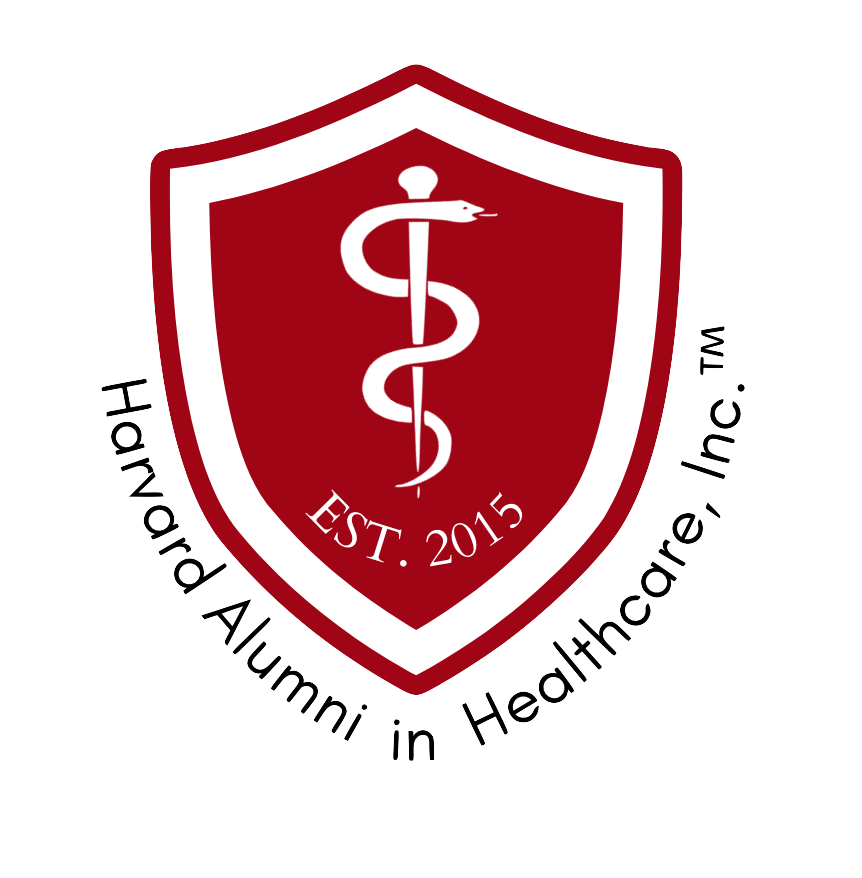Vikas P. Sukhatme M.D. ’79, S.B., Sc.D.
2022 Candidate for Harvard Overseer: Vikas Sukhatme
What are the most important challenges facing the University—and what are its most significant opportunities?
Challenges facing Harvard fall into three categories: those facing the world, those facing institutions of higher education and those that might be unique to Harvard.
In the first category, I feel that Harvard - with its amazing resources, people and brand - should address the most pressing problems of society. These include global inequality and poverty; affordable, accessible and quality healthcare; the promise and perils of AI; tolerance and civil debate; cybersecurity; terrorism; racial justice and climate change to name a few. These problems require interdisciplinary efforts and Harvard should create venues to convene individuals and institutions with orthogonal expertise to define and solve them. Also, creating safe “spaces” for civil debate and airing of potential solutions will be critical for such an effort to succeed.
General challenges to higher education include: making a compelling case detailing the value of institutions of higher education to society (e.g. as bastions of reason, truth, transparency and tolerance); finding the right balance between the foundational and the practical in education and in research; defining a post-covid world (e.g. best use of technology, workplace of the future); and educating for adapting to rapid change.
Perhaps somewhat unique to Harvard, the University needs to address issues of elitism. It needs to ensure equitable access to its resources through recruitment, promotion, retention and engagement with faculty, staff and learners of diverse backgrounds. Harvard has a special role to play: to speak for the least heard voices in society.
What is the Board of Overseers’ role in Harvard’s response to those challenges—and in its efforts to realize those opportunities?
The Board should subscribe to the adage that “the best way to predict the future is to create it”. Thus its role is to relentlessly, but respectfully, challenge the status quo at Harvard, to look around the corner, ensuring that Harvard’s best days lie ahead. This can be done in numerous ways: by posing tough questions and encouraging dialogue (e.g. as part of its visitation program), convening the right parties (people and institutions), ensuring that Harvard’s departments, institutes, centers, programs and overall resources are aligned with a shared and well-communicated vision and seeing that culture and incentives are aligned for its faculty, staff and learners to execute on that plan.
How do your experiences and interests bear on the prior two questions?
In describing myself, I will paraphrase from the introduction to the autobiography of Bertrand Russell: I am motivated by a deep desire for knowledge and am passionate about alleviating suffering from disease. I particularly enjoy coming up with medical insights gleaned from “connecting the dots” from different disciplines, to use Steve Jobs’ words.
I would characterize myself as a quick study, eager to learn from anyone, anytime and anywhere. I value humility, meritocracy, boldness, openness, passion, excellence, a willingness to think outside of the box, collaborating with those with experiences different from mine and - to the extent possible - a “quantified” view of the world.
Having lived and travelled extensively, I view myself as a citizen of the world, Indian born (now naturalized US citizen), raised in Rome. I have had the good fortune of being educated at or to serve on the faculty of some of America’s most prestigious institutions of higher learning (MIT, Harvard, Stanford, University of Chicago and Emory). I am an academician - through and through – with a doctorate in physics, followed by a career as a physician-scientist both at the bench and in the clinic. I have entrepreneurial interests having started several biotech companies and a non-profit focused on clinical development of ideas that lack financial incentives. The latter has exposed me to the workings of the FDA, CMS, NIH and others and acquainted me to workings of the public sector.
Collectively, the breadth of my experience in research, education, clinical care, administration and entrepreneurship will - I believe - enable me to contribute effectively to the Board of Overseers as it addresses challenges and opportunities for Harvard.
Why are you standing for election as an Overseer now?
The power of education to create a more equitable world was imprinted on me at an early age: education lifted my family out of poverty.
Now, it is simply time to give back.
I believe I have been “around the block” a few times - seasoned but not jaded - and can bring a unique perspective to the Board through the diversity of activities I have been engaged in. I have thoroughly enjoyed my thirty-year association with Harvard, as a student, fellow, faculty member, chaired professor and administrator. My ongoing role as dean of the school of medicine at Emory has further enlarged by perspective in many dimensions.
I am excited to work with the Board, especially given its eclectic composition. It would be an incredible honor to work with such colleagues and with Harvard faculty, alumni, students, staff and leaders, to collectively help shape the future of Harvard and the world.
Vikas P. Sukhatme
M.D. ’79 cum laude
S.B. ’71, Sc.D. ’75, Massachusetts Institute of Technology
Atlanta, GA


